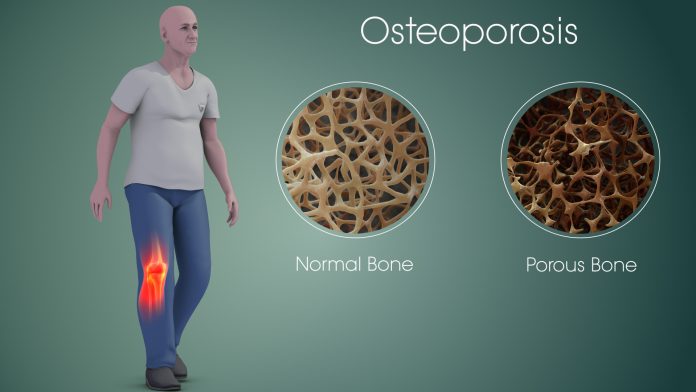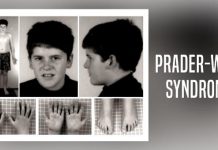As any health professional and eating disorder sufferer knows only too well, eating disorders have many different (some severe, even life-threatening) physical,psychological and emotional implications which may have serious and sometimes permanent consequences to health and well-being. This article aims to explore a key issue affecting sufferers of anorexia nervosa with main areas to be examined listed below.
- What is osteoporosis?
- How is it diagnosed?
- Health implications for eating disorders sufferers
What is Osteoporosis?
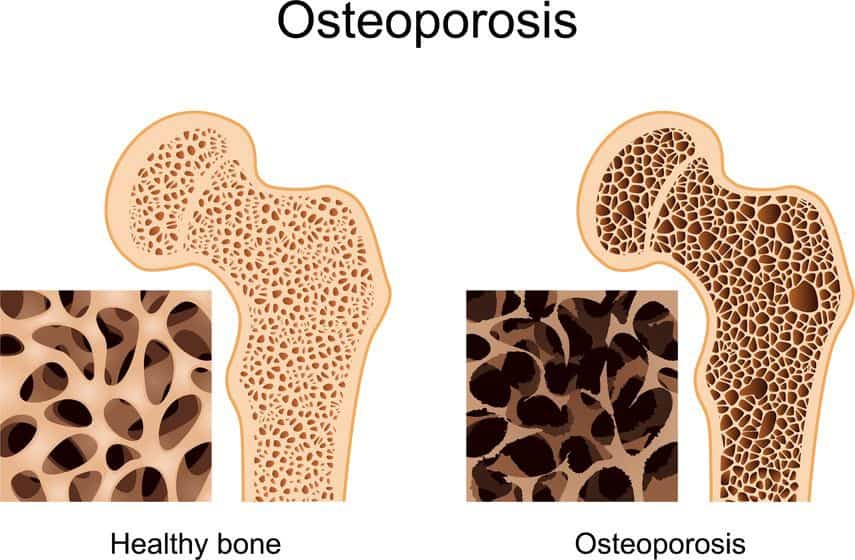
Osteoporosis is a condition more commonly seen in older patients involving a significant decrease in bone density. A milder version, known as osteopenia, involves a less severe bone density decrease; however, both conditions have the potential to cause very serious, even permanent, damage to the skeletal system. One usually achieves their peak bone mass before the age of 30, therefore as anorexia is often diagnosed in teenagers, there is a greater risk that bone mass will be affected. A decrease in levels of the hormone estrogen is another key factor in developing the condition.
How is Osteoporosis Diagnosed?
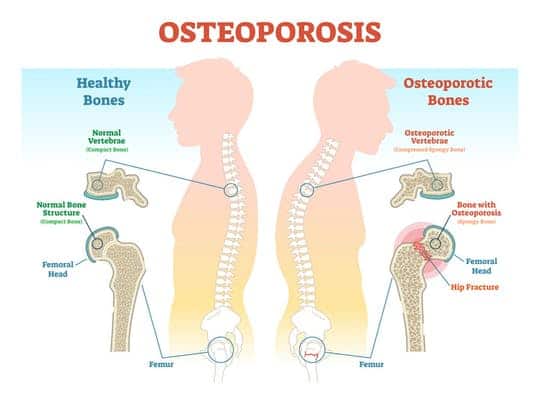
For those deemed at greater risk of developing osteoporosis, including elderly, infirm, and eating disorder sufferers, a simple scan is used to conduct a bone density test. This test indicates the extent of bone loss that has occurred. The sufferer, depending on the severity of damage, will then be recalled for a further scan to assess any additional change to their bone density.
Health Implications for Eating Disorders sufferers
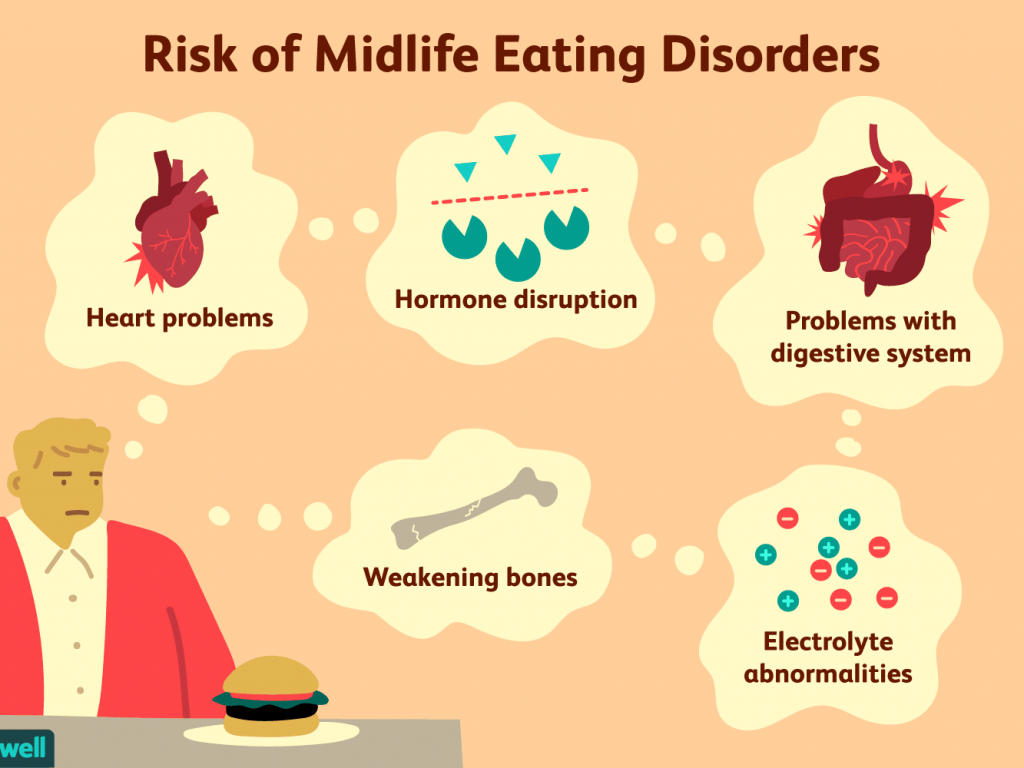
According to research studies around a half of women suffering from anorexia will go on to develop the condition. A combination of low body weight and loss of regular menstrual periods may result in an alarming loss of bone density, around 2.5% each year. Unfortunately treatments that have proved to be beneficial to older women suffering osteoporosis (such as calcium supplements and hormone treatments) have not been shown to be effective in treating the condition in anorexia sufferers. Only through increasing to a safe body mass index can osteoporosis be treated in the case of eating disorders.
Key implications include the following: painful fractures, vertebral compression fractures, inability to do certain high intensity forms of exercise such as jogging, stooped posture and stunted growth.


